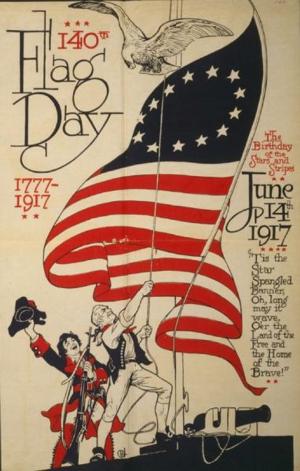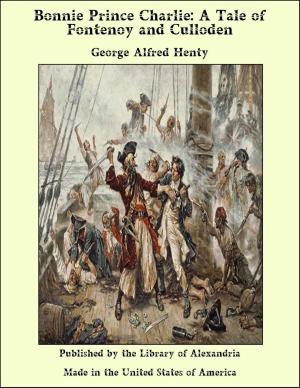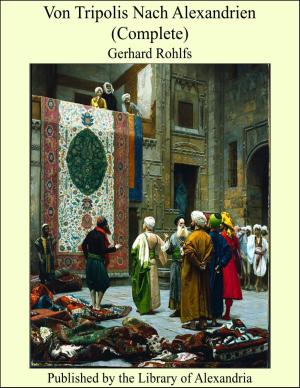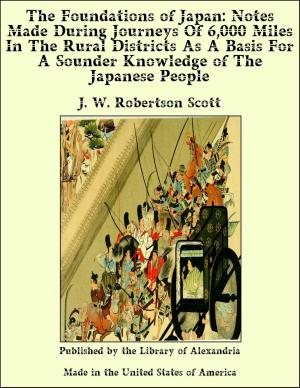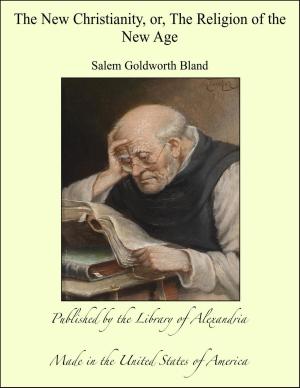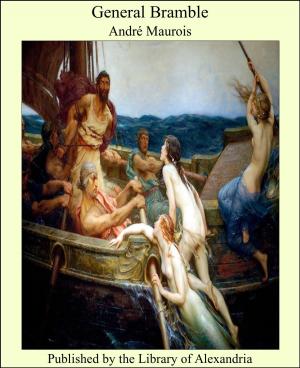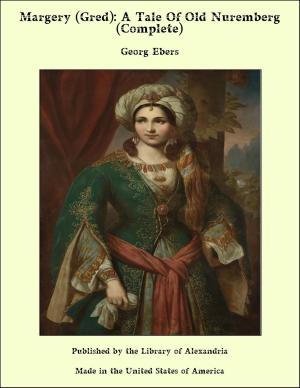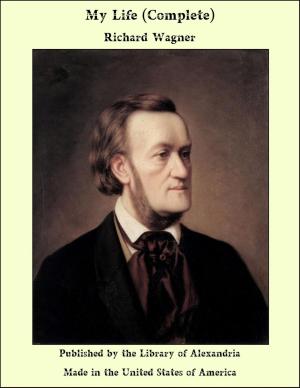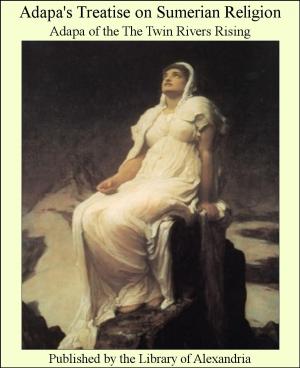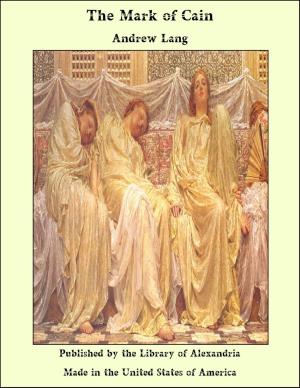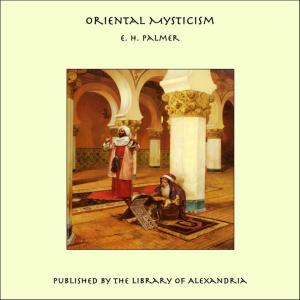| Author: | Joseph Alexander Altsheler | ISBN: | 9781465559852 |
| Publisher: | Library of Alexandria | Publication: | July 29, 2009 |
| Imprint: | Library of Alexandria | Language: | English |
| Author: | Joseph Alexander Altsheler |
| ISBN: | 9781465559852 |
| Publisher: | Library of Alexandria |
| Publication: | July 29, 2009 |
| Imprint: | Library of Alexandria |
| Language: | English |
Captain the Honorable Charles Montague, eldest son and heir to Lord George Montague, of Bridgewater Hall, Yorkshire, England," said Marcel, reading the letters, "and Lieutenant Arthur Melville, son to Sir Frederick William Melville, of Newton-on-the-Hill, Staffordshire, England. Those names sound well, don't they, eh, Chester? They roll like the Delaware." I could not restrain a smile at the prim and choppy way in which Marcel pronounced the names and titles, just as if he were calling the roll of our company. Nevertheless, I wished to hide it, feeling some sympathy for the two young Englishmen because of the grievous state into which they had fallen. As they stood a bit apart from us, they preserved the seeming of dignity, but in truth it was apparent that beneath this cloak they were sore troubled in mind; and well they had a right to be. It was a hard fate to come all the way across the ocean with letters of high recommendation to one's commander-in-chief, only to fall into the hands of the enemy, letters and all, with the place of destination almost in sight. "They should have stood very high in the graces of Sir William Howe had they reached Philadelphia," said Marcel, "for here are letters from some of the greatest men in England, descanting upon their military merits. Perhaps, Chester, we have saved the Thirteen Colonies with this little achievement, you and I. Because, if everything in these letters be true—and it is not for me to criticise the veracity of the writers,—one of our prisoners must be an Alexander at the very least, and the other a Hannibal." Marcel had a sprightly humor, and one could never tell how it was going to show itself. But he was not given to malice, and he spoke the latter words in a tone that the Englishmen could not hear. "Chester," he resumed, drawing me a little farther to one side, "these young gentlemen, barring their mischance of falling into our hands, seem to be veritable pets of fortune. They are rich, of high station, and they come to join a powerful army which has all the resources of war at its command. And look at their raiment, Chester; look at their raiment, I say
Captain the Honorable Charles Montague, eldest son and heir to Lord George Montague, of Bridgewater Hall, Yorkshire, England," said Marcel, reading the letters, "and Lieutenant Arthur Melville, son to Sir Frederick William Melville, of Newton-on-the-Hill, Staffordshire, England. Those names sound well, don't they, eh, Chester? They roll like the Delaware." I could not restrain a smile at the prim and choppy way in which Marcel pronounced the names and titles, just as if he were calling the roll of our company. Nevertheless, I wished to hide it, feeling some sympathy for the two young Englishmen because of the grievous state into which they had fallen. As they stood a bit apart from us, they preserved the seeming of dignity, but in truth it was apparent that beneath this cloak they were sore troubled in mind; and well they had a right to be. It was a hard fate to come all the way across the ocean with letters of high recommendation to one's commander-in-chief, only to fall into the hands of the enemy, letters and all, with the place of destination almost in sight. "They should have stood very high in the graces of Sir William Howe had they reached Philadelphia," said Marcel, "for here are letters from some of the greatest men in England, descanting upon their military merits. Perhaps, Chester, we have saved the Thirteen Colonies with this little achievement, you and I. Because, if everything in these letters be true—and it is not for me to criticise the veracity of the writers,—one of our prisoners must be an Alexander at the very least, and the other a Hannibal." Marcel had a sprightly humor, and one could never tell how it was going to show itself. But he was not given to malice, and he spoke the latter words in a tone that the Englishmen could not hear. "Chester," he resumed, drawing me a little farther to one side, "these young gentlemen, barring their mischance of falling into our hands, seem to be veritable pets of fortune. They are rich, of high station, and they come to join a powerful army which has all the resources of war at its command. And look at their raiment, Chester; look at their raiment, I say

